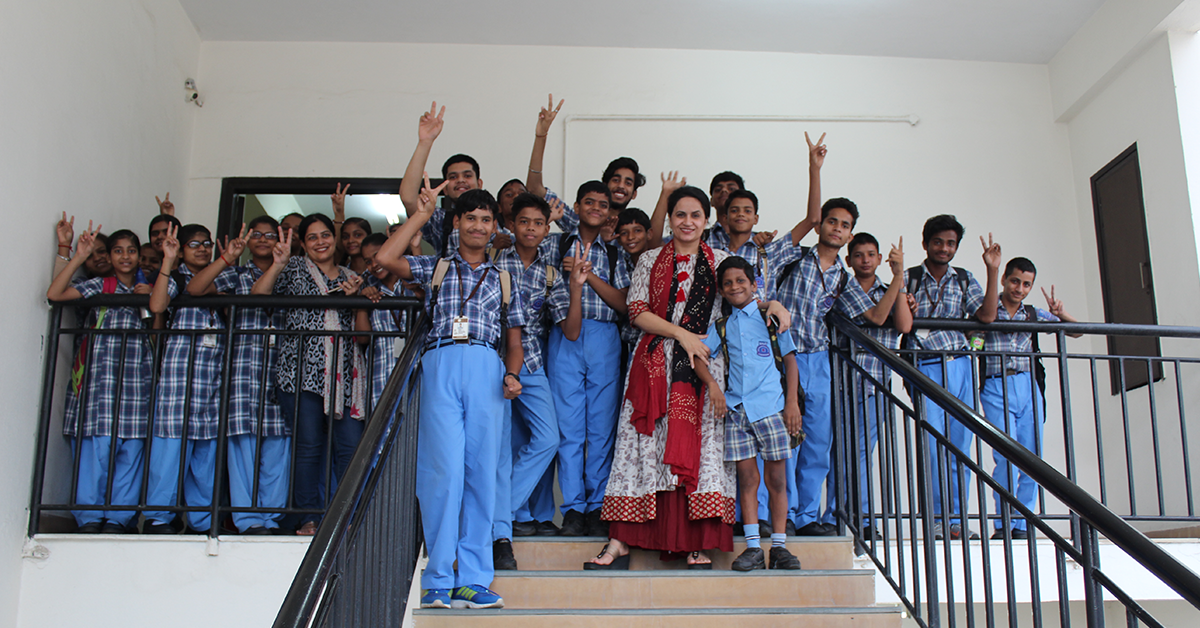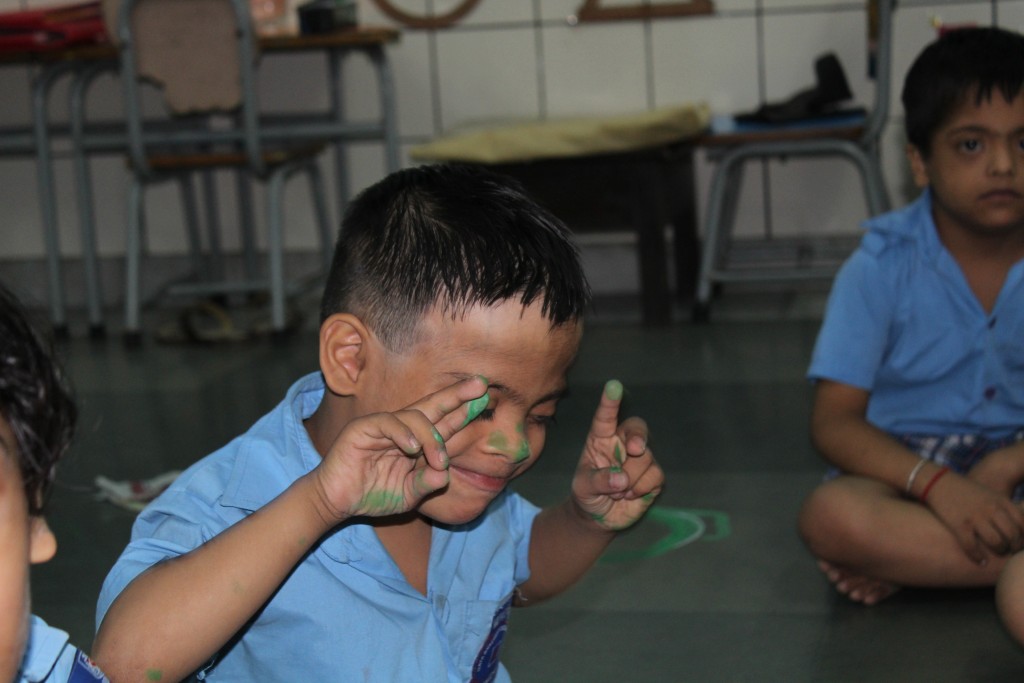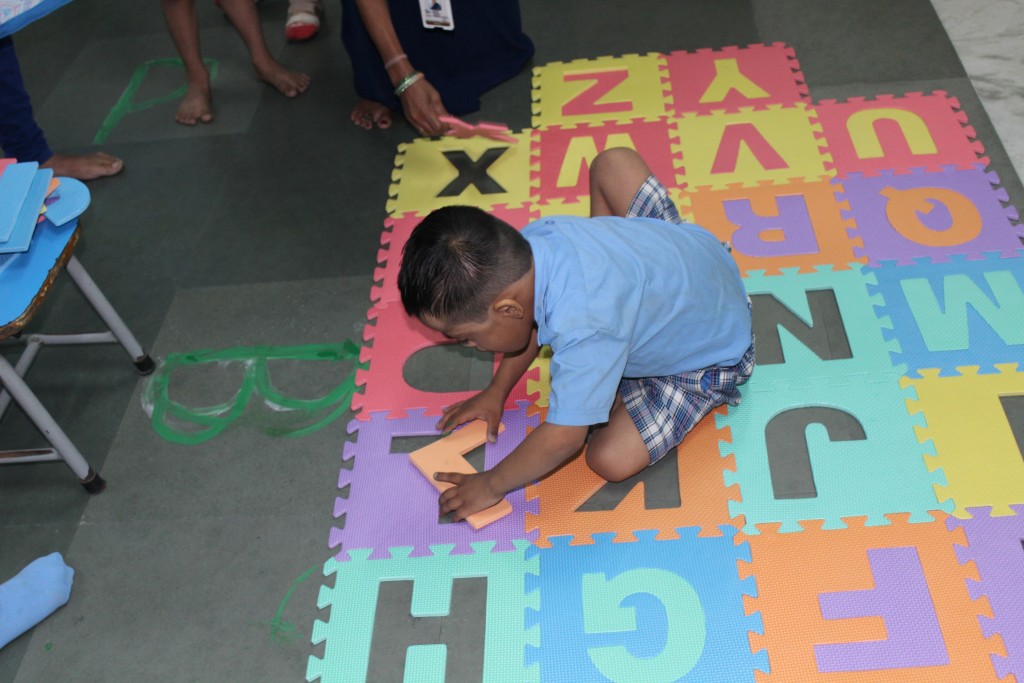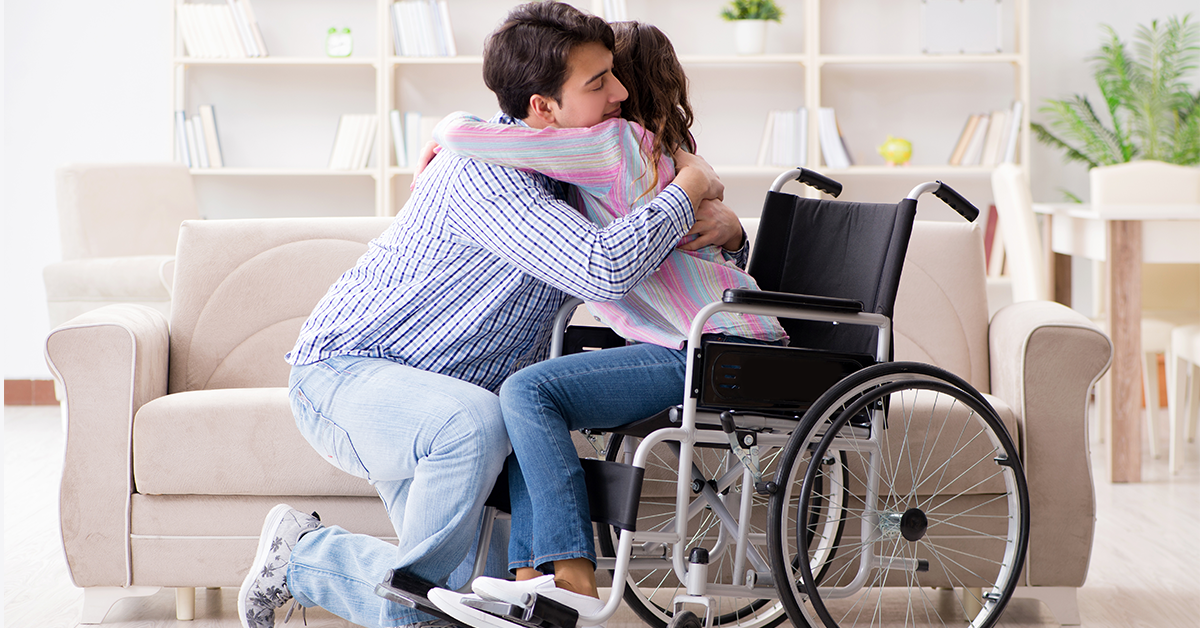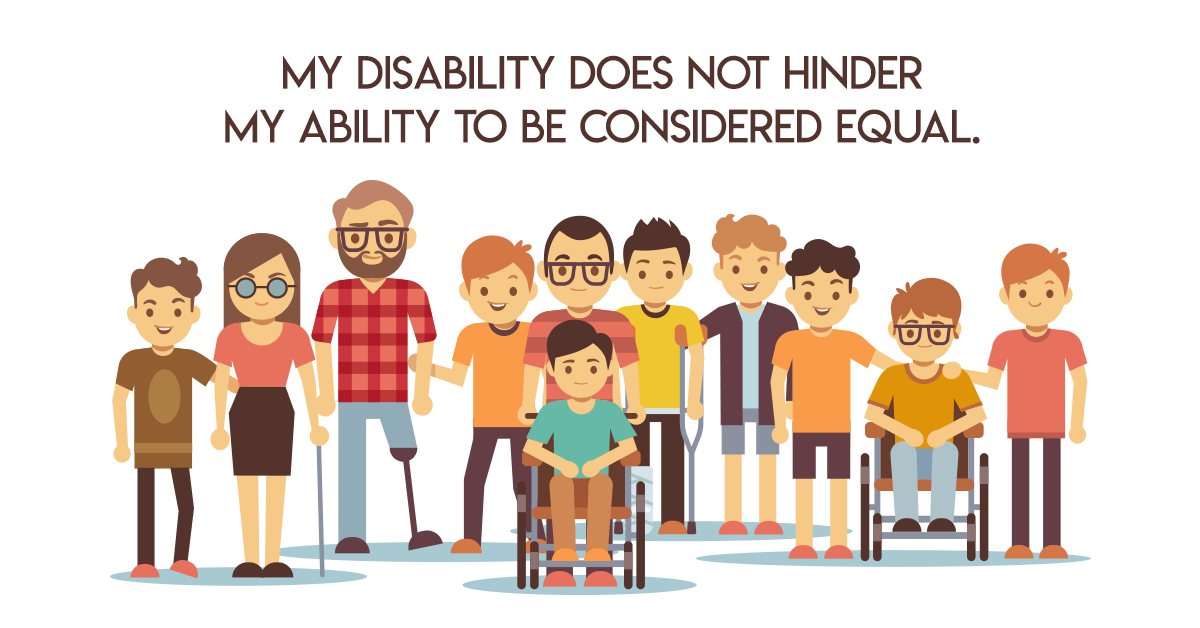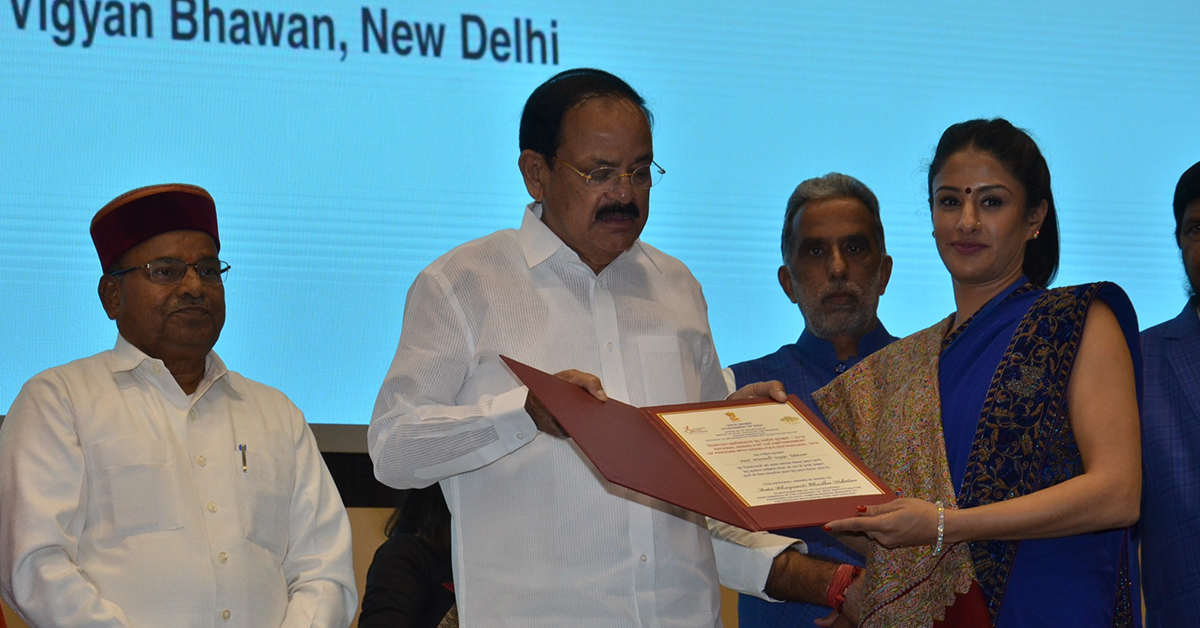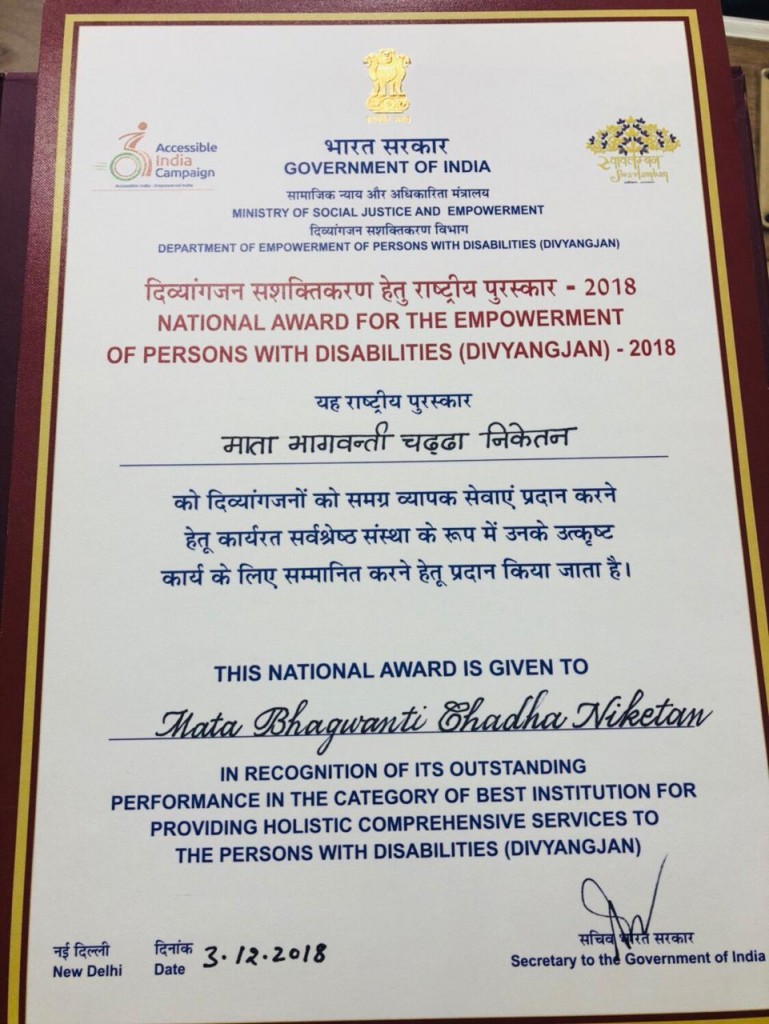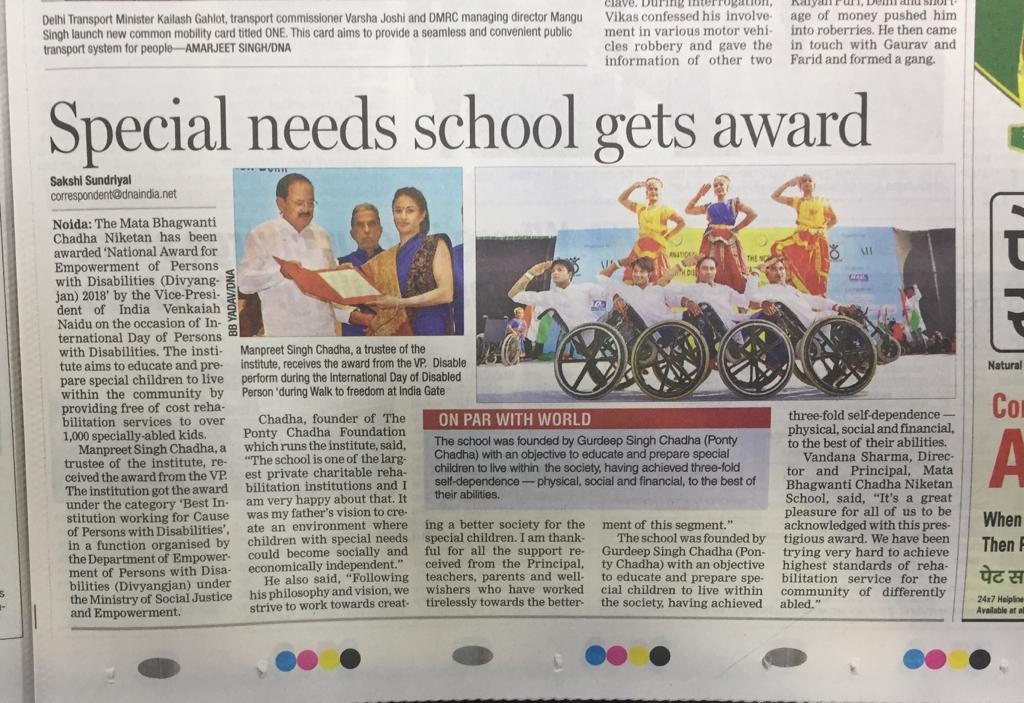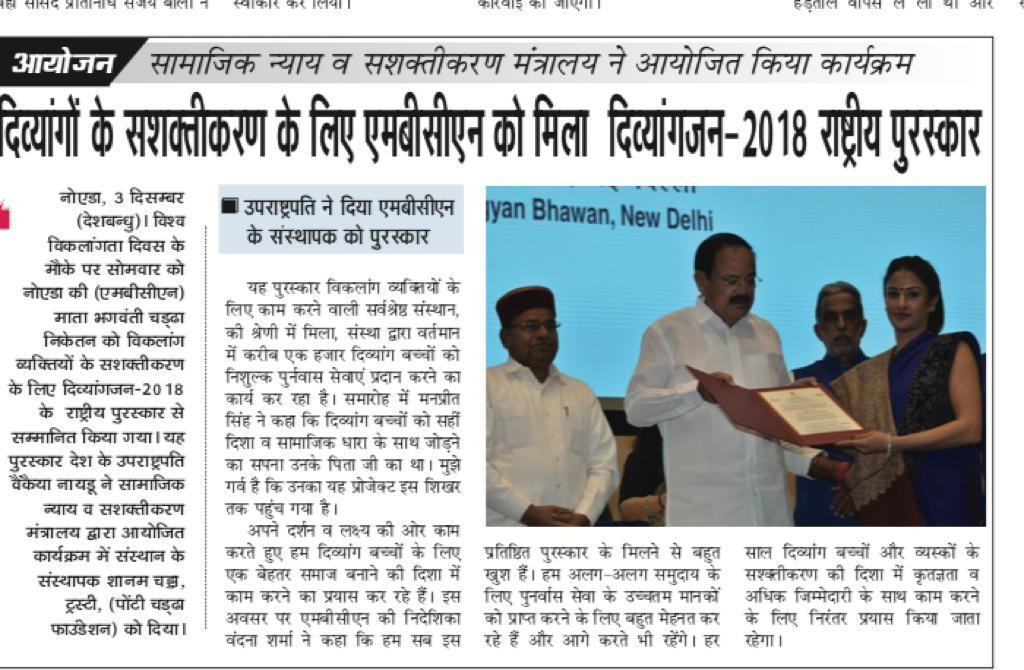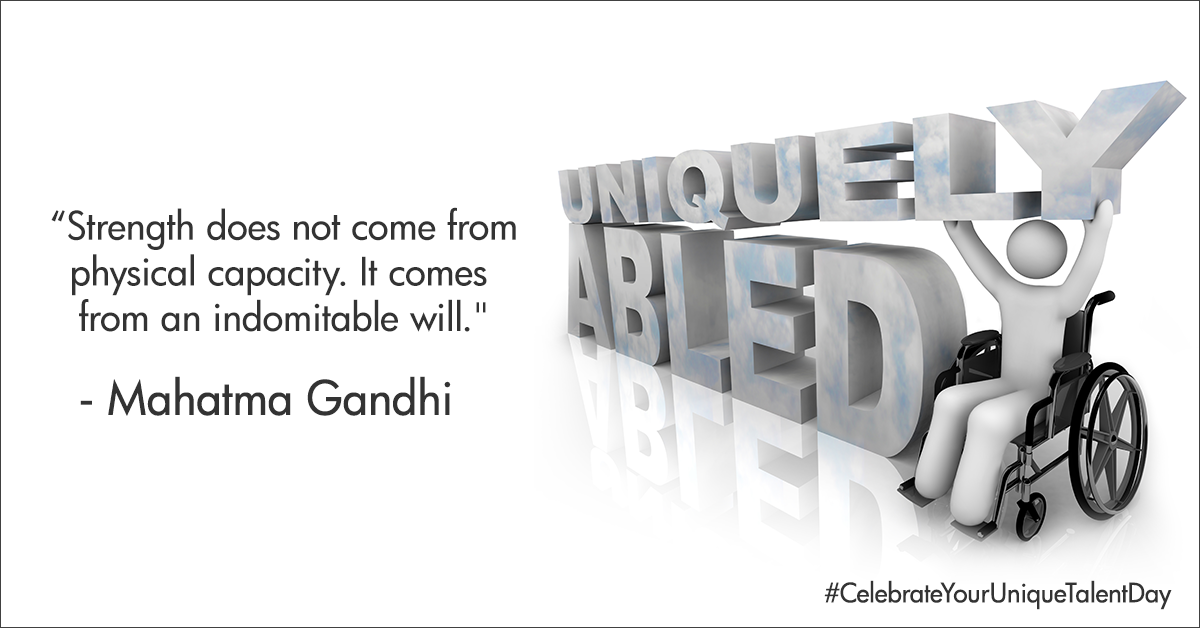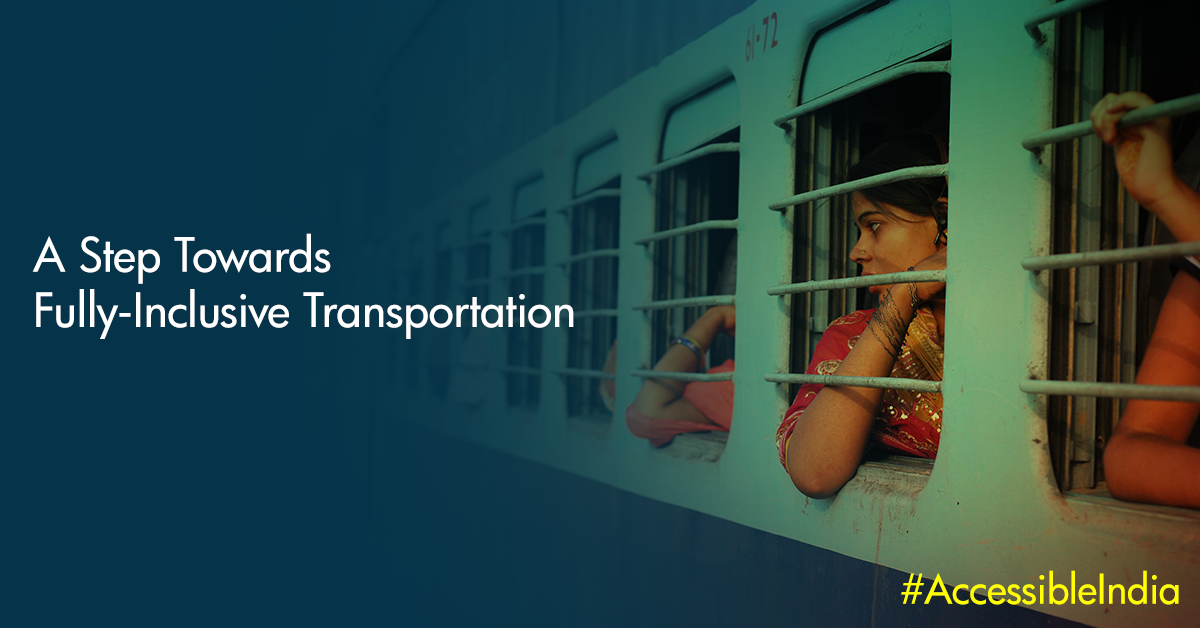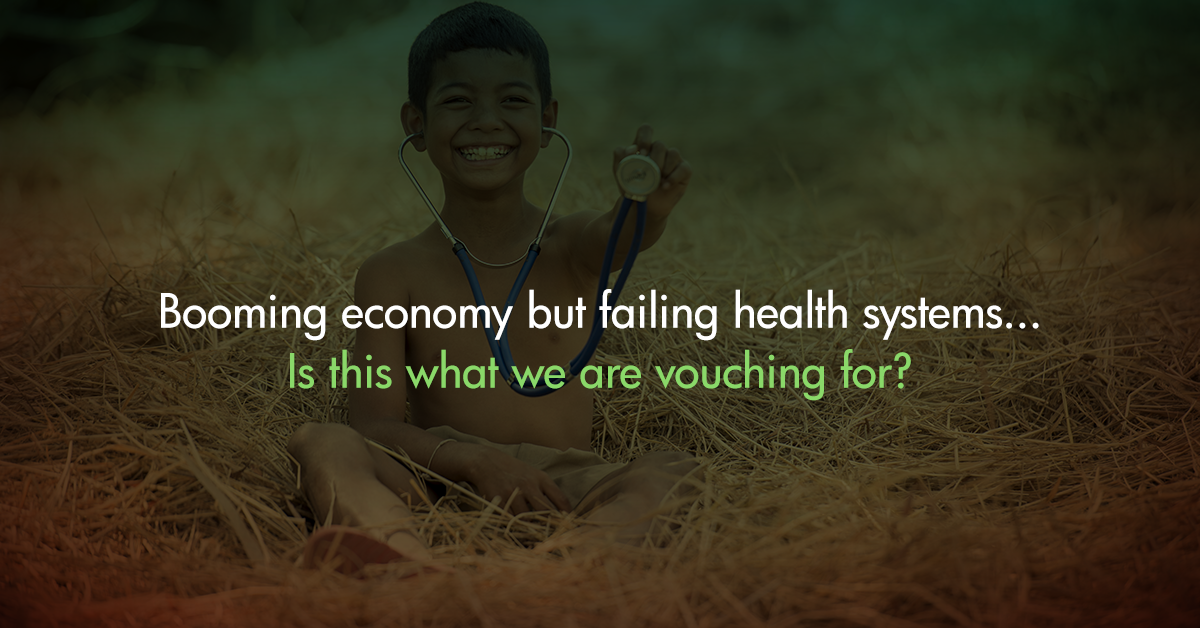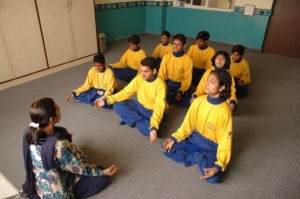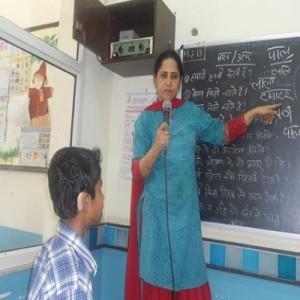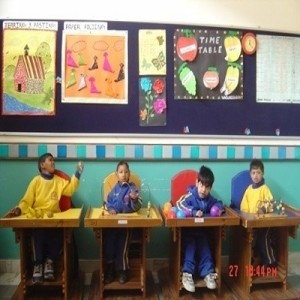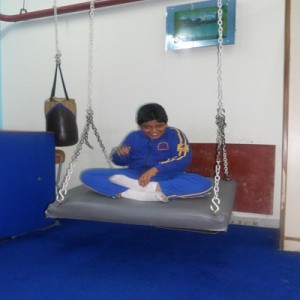Parenting is wonderful, but exhausting. As a result, parents need a little encouragement at times to help them get through their days. Being a parent of a special needs child is no exception!
Children with disabilities are just like any other children. They need love, affection and attention from their parents, friends and other people. The best gift one can give a child with special needs is accepting him or her, regardless of the nature or extent of the disability.
MBCN organised a crowdsourced Q&A campaign where you could ask questions relating to disability in children, and get them answered by Vandana Sharma, the Director of MBCN and a renowned special educator loved by all. Here are a few of those questions:
Q1. I know a family who is struggling from depression and stress because of their kid’s disability. What advice can I give them or what can I do to help them in this tough time. @PCFIndia
Parenting isn’t easy at the best of times and having a child with a disability creates new challenges that the majority of parents could never imagine facing.
Parents can feel stressed out and depressed at times. They must seek support from family, friends and mental health professionals. It helps to develop effective coping skills and ability to handle the situations.
Q2. Hi @PCFIndia
I’m gladdened to see this initiative.
Can you give us some tricks to calm ourselves when it gets too much to control our emotions?
Thank you.
Love your child, promote strengths, do the best you can, think “outside the box”, and don’t be too hard on yourself.
Q3. @PCFIndia What are the symptoms one should look out for?
Symptoms for disability? Well generally you can monitor developmental milestones. If you notice any delay in them like… social smile, neck control, sitting or standing, vocalization etc. you should go to the doctor for early diagnosis.
Q4. @PCFIndia How do I console my child when I myself am not able to console myself. I have been under immense stress as I don’t want to let him down. What can I do to make him and myself feel better?
As parents we all dream of a perfect child .having a child with disability can be heart breaking and acceptance may be hard. However once you accept ..life is simpler. It impacts the child and his progress. Empower yourself to deal with the given challenges.Attend workshops that can benefit your child and connect with other parents. Join support groups and share your experiences.
Q5. There is a child in our family who is suffering from autism and my aunt is usually stressed and worried about his future. All the time she is after him and since the child is very small it’s difficult to handle him. So what would you suggest in this situation?
Overthinking can have negative consequences for those who are chronic worriers. Focusing on future uncertainties makes us anxious when we feel a lack of control. Overthinking can also keep us from enjoying the present moment.
She needs to be reminded that When every activity becomes ‘a therapy session,’ a lot of pleasure can be lost that would otherwise be shared by you and our child.
Q6. Of course, when a child is not capable enough to do their day-to-day task and is having some kind of disability, it’s obvious that parents will be stressed and try to find several ways to overcome that.
I appreciate The Ponty Chadha Foundation for such an initiative.
Thanks for the appreciation. It’s very important to empower parents so that they can cope with the challenge and deal with it effectively.
Q7. One of my close friend’s younger brother is suffering from cerebral palsy and due to that she and her parents are always stressed and worried about his future. They have visited all most all good doctors in different cities but of no use. Recently my friend’s mother has started taking sleeping pills. So please suggest something so that I can help my friend and her family.
Parents are known to get impacted in many ways because of having a mentally challenged child. These include, parents feeling sad, depressed at various stages of child’s life and experiencing other emotional reactions. Their social life may get affected with recreational and leisure activities getting reduced. Interpersonal relationships with the family members, friends and others also get affected.
Your friend can support her parents, share some responsibilities and give them assurance that she is there to take care whenever they need her.
Parents are placed in a position of caring for others nearly constantly. However, they still need and deserve to be cared for. That entails asking friends or family to support them to have their own time without the challenged kid once in a while.
Q8. My friend’s son is having Cerebral palsy and despite going through several medications and therapies, there are no positive recoveries. Due to this problem my friend left his job, he’s depressed all the time and started taking sleeping pills. Can you please provide a better therapy solution or any reference to a good doctor for the same.
They need to be reminded that As parent that You know your child better than anyone else .You know what works and what doesn’t; you have the big picture and history of your child and can utilize this in any situation. Support personnel come and go but you are the expert with the experience and first-hand knowledge of your child. Professionals do not live the consequences of their decisions, so while you want their opinions, remember that they are only ‘informed’ opinions and not facts.
And parents need to empower themselves with knowledge and skills to help their child. Things will change when they get control of their life. For further guidance they can always come to us.
Q9. I have seen my friend who is into depression because of the disability of his child. He behaves normally with everyone but his activities and overprotectiveness towards his child show that he is in stress.
I want to help him. Can you please share some easy tips on reducing mental stress due to the disability of the kids?
Everyone has to cope in their own way. For some, acceptance comes quickly; for others, it is a lengthy process. There is no right or wrong way to do this. My Tip for parents to handle mental stress is to Connect with Family and Friends – There will always be people who care, we just need to reach out and connect when you want to vent feelings or just unwind and have some fun. .join some parent support group, meet other parents and share their experiences and emotions. They should not hide their feelings in front of everyone.
Q10. Hi, my parents are really worried about my little sister who is suffering from ADHD. I don’t like seeing my parents stressed. I’m worried that their stress levels are taking a toll on their mental health. So, what do you suggest in this situation?
I can understand your concerns about your parent’s stress. You can encourage them to take professional help and seek support from their family and friends to deal with it.
 Jatin Kanojia is a 25-year-old boy from Ghazipur with cerebral palsy, but he hasn’t let his disability define him. Jatin worked hard as a child, completed his education and joined the Wave Group in 2016 as a computer operator. Despite the odds working against him, Jatin has remained focused towards building a career.
Jatin Kanojia is a 25-year-old boy from Ghazipur with cerebral palsy, but he hasn’t let his disability define him. Jatin worked hard as a child, completed his education and joined the Wave Group in 2016 as a computer operator. Despite the odds working against him, Jatin has remained focused towards building a career.








